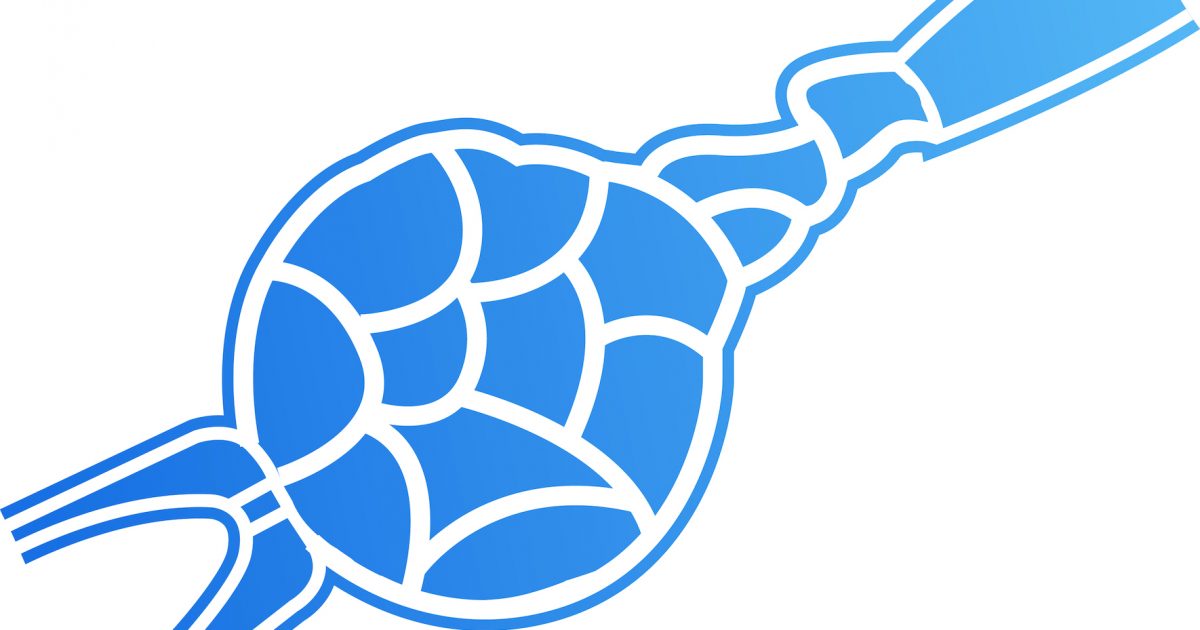Some foreign fertility clinics may offer frozen eggs as an alternative to fresh eggs. This has simpler logistics, as there is no need to synchronize the hormonal stimulation cycles of donors and recipients, and saves transportation and hotel accommodation costs required for fresh egg donation, so the cost is lower. However, the success rate of frozen eggs is significantly lower than that of fresh eggs, which is often overlooked. Patients should also avoid using frozen eggs transferred from the egg bank to the assisted reproduction clinic, and it is best to use the egg bank directly affiliated with the fertility clinic. Because human eggs are very sensitive, thawing technique needs to be compatible to the cryopreservation technique, which is similar to the relationship between a lock and a key. Only assisted reproduction laboratories that perform both freezing and thawing techniques can achieve this.
Some foreign assisted reproductive clinics often utilize eggs donated by egg donors outside the same city. This is not good for patients because it is very difficult to monitor the hormonal stimulation cycle of egg donors traveling to and from overseas. Some doctors may directly hand over expensive hormone drugs (requiring refrigeration) to overseas donors to inject themselves under the supervision of their agents. They will return to the clinic for an ultrasound scan of the ovaries at a designated time or perform the final egg retrieval operation. Without the direct supervision of the assisted reproductive clinic, the egg donor or surrogate may not strictly observe the injection time and be careless. Expensive hormone drugs can also deteriorate and lose their efficacy if they are not stored properly at low temperatures. In the absence of strict supervision of hormone injections, the quantity and quality of eggs extracted from donors will be severely impaired. Therefore, it is best for patients to use the eggs of egg donors who reside in the same city as the assisted reproductive clinic, and it is best to have the egg donor regularly receive hormone injections (recorded) from the fertility clinic nurse.
In addition, Chinese patients should be aware that it may be cheaper to directly contact foreign egg donation agencies and request treatment at their affiliated assisted reproductive clinics. If they are asked to source egg donors, some foreign assisted reproductive clinics will charge extra fees unscrupulously. Normally, when you ask a foreign assisted reproductive clinic to find an egg donor for you, they will contact many different agencies and obtain several matching egg donor files. You choose an egg donor, and the clinic will coordinate with a specific egg donor agency. You don’t pay directly to the egg donation agency. Instead, you give your money to the assisted reproductive clinic. They will pay the egg donation agency and keep a small portion of your payment to themselves as an additional profit.
Finally, Chinese patients should note that in developing countries such as Malaysia, Thailand, Cambodia, and Laos, egg recipients lack the support of fertility conselors. In contrast, the laws of Western developed countries require that patients receiving egg donation must receive mandatory counseling. A strict counseling regimen will ensure that both spouses agree to egg donation, without any emotional blackmail from either spouses, without undue pressure by their parents and in-laws. In traditional Chinese culture, passing on the family line is considered the most important responsibility of the wife to the husband and his family. Therefore, childless women may be pressured by their husbands and in-laws to accept egg donations in order to conceive a child. As the old Chinese proverb says, twisted melons are not sweet. This also applies to raising children. Innocent children after birth may be adversely affected by the unwilling spouse.
In addition, egg recipients will miss valuable advice on whether to tell their children the truth in the future. Most experienced fertility consultants will advise them to tell the truth to the child when they are at school-going age. Many psychological studies and news reports have reported the emotional trauma and identity crisis experienced by teenagers and adults born from egg donation when they accidentally learned the truth about their conception. For example, children often accidentally learn the truth when a family quarrel occurred. In many cases, this situation will lead to strains in family relations and even estrangement of parent-child relationships. In addition, recently, convenient, easy-to-obtain and low-cost DNA home testing kits and related genealogy and genetic relationship websites (such as WeGene) have made it more difficult to conceal the truth of conception from the offspring of donors. It is possible that offspring may come into contact with relatives who match their DNA through these websites and unwittingly learn the truth about his/her conception. And with the advancement of medical technology, DNA testing will become a routine practice in the field of healthcare. Ultimately, it is up to egg recipients to decide whether or not tell their children the truth. Telling the truth will reduce their psychological burden and make them happy and at ease forever.

 thenewsavvy.com
thenewsavvy.com

 singaporemotherhood.com
singaporemotherhood.com

